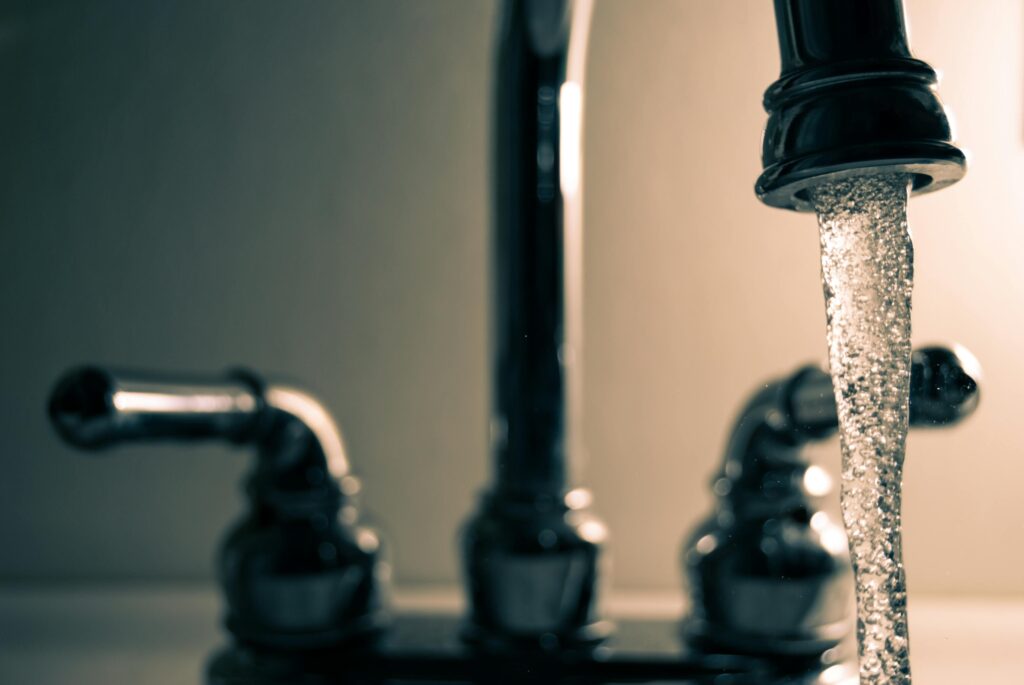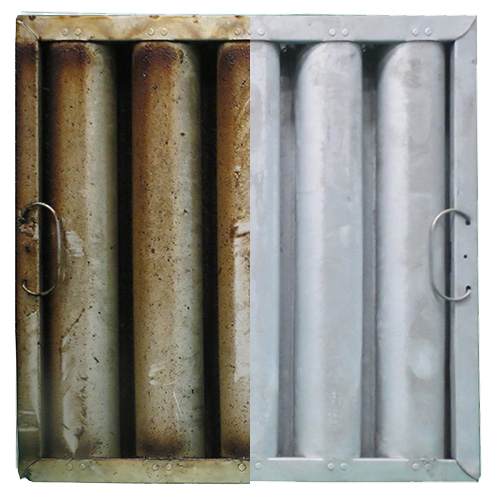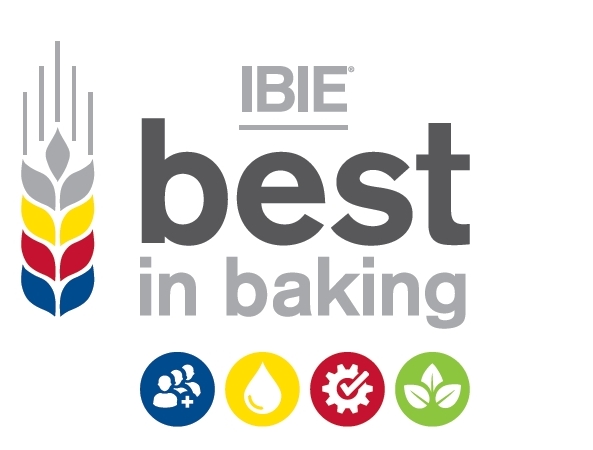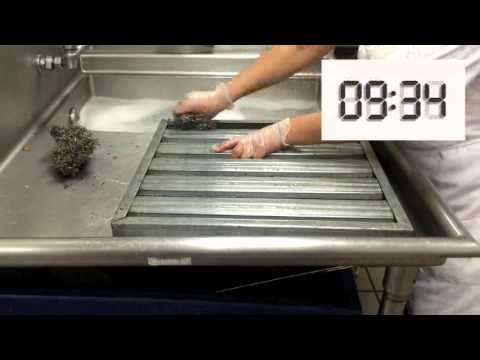The Challenge of Water Waste
Water is a critical resource in commercial kitchens, underpinning everything from food preparation and cooking to cleaning and sanitation. The staggering statistic that an average commercial kitchen may consume upwards of 12,500 liters of water daily speaks volumes about the scale of water waste. This excess not only stresses our finite water resources but also necessitates a considerable amount of energy to heat, further amplifying the environmental impact. A study highlighted in the Journal of Cleaner Production outlines the critical need for water management strategies in foodservice operations, underscoring the urgency of addressing water waste.
The Energy Drain
Commercial kitchens are energy-intensive environments. From the continuous operation of stoves, ovens, and fryers to the demands of heating water for various purposes, energy consumption is high. Inefficient appliances, poor maintenance, and practices that overlook energy-saving opportunities compound this issue, leading to unnecessary energy drain and, consequently, elevated operational costs and environmental harm. Supporting this, a publication in the Journal of Green Building discusses innovative solutions for reducing energy consumption in commercial kitchens, offering insights into how these spaces can evolve towards greater efficiency.
The Water-Energy Nexus
The relationship between water and energy waste in commercial kitchens is complex and intertwined. For instance, the excessive heating of water not only contributes directly to energy wastage but also exacerbates the depletion of water resources. Similarly, water leaks or inefficient usage indirectly leads to energy waste by increasing the demand for heating. Understanding this nexus is key to addressing both issues in a holistic manner.
Pathways to Improvement
The journey towards minimizing the environmental footprint of commercial kitchens involves several strategies, each targeting different facets of the issue:
- Efficient Equipment and Maintenance: Investing in energy-efficient appliances can lead to significant reductions in energy use. Regular maintenance ensures these devices operate at peak efficiency, further curbing unnecessary consumption.
- Water-Conserving Practices: Simple changes, like installing low-flow faucets or using water-efficient dishwashers, can dramatically cut water use. Encouraging staff to adopt water-saving techniques also plays a crucial role in conservation efforts.
- Heat Recovery Systems: By capturing waste heat from cooking processes and repurposing it, for instance, for water heating, these systems can simultaneously reduce energy consumption and operational costs.
- Staff Training and Education: Building a culture of sustainability within the kitchen staff through education on the importance of conservation and training on efficient practices is essential for lasting change.
Embracing Innovation for Sustainability
Addressing water and energy waste in commercial kitchens is crucial for both environmental sustainability and financial efficiency. By implementing strategies such as investing in efficient equipment, adopting water-saving practices, and harnessing heat recovery technologies, commercial kitchens can significantly reduce their carbon footprint, conserve precious resources, and achieve long-term cost savings.
In this context, the role of innovative solutions becomes crucial. Among these, the Decarbonator stands out as a beacon of sustainability. As a heated soak tank kitchen equipment cleaner, it exemplifies how technology can revolutionize kitchen maintenance, offering a greener alternative to traditional cleaning methods. By efficiently removing grease, carbon deposits, and food particles from kitchen equipment, the Decarbonator not only enhances the performance and lifespan of these items but also aligns with the critical goal of reducing water and energy consumption. This approach is a testament to the practical steps the foodservice industry can take towards sustainability, showcasing the significant environmental and financial benefits of integrating eco-friendly technologies. As commercial kitchens move forward, embracing tools like the Decarbonator will be crucial in their journey towards a more sustainable, efficient, and environmentally responsible future.
About Us
We are passionate about revolutionizing the way commercial kitchens and bakeries clean and sanitize their equipment. Our nextgen product, the DECARBONATOR, is a state-of-the-art heated soak tank that removes carbon build-up and grease with unparalleled cleaning power. Our environmentally friendly, award-winning solution reduces water and energy consumption, earning us recognition for sustainability. Discover how our innovative technology can transform your kitchen, your business and your operations.



